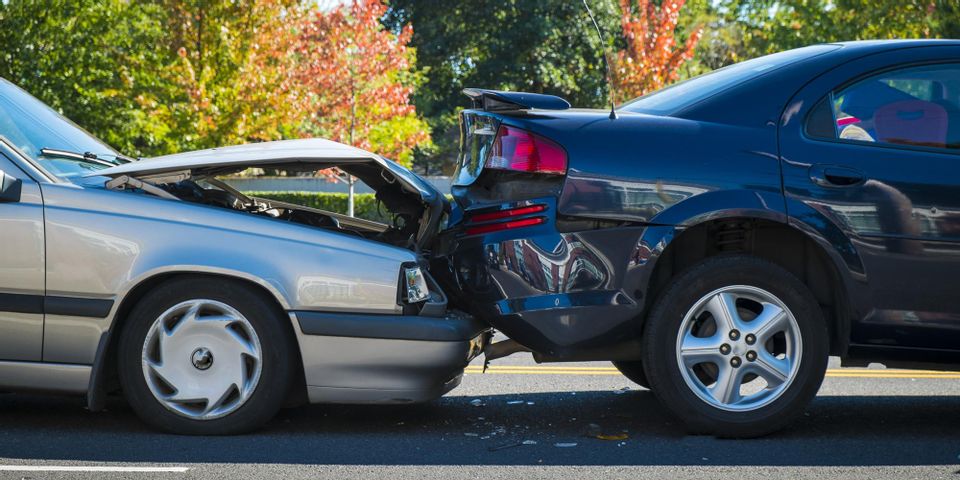How Do Personal Injury Protection & Med Pay Differ?

When it comes to car accident claims, Massachusetts is a no-fault state. That means injured parties must seek compensation from their own insurers—regardless of the role they played in the collision—unless they meet the state’s serious injury threshold. Until you exceed the loss limits, two kinds of coverage may apply: personal injury protection (PIP) and med pay.
Personal Injury Protection
 By law, motorists in Massachusetts must purchase at least $8,000 in PIP coverage. There are two kinds of PIP: policyholder only and household. The former covers the policyholder’s applicable damages, while the latter also covers those of any household member who was hurt in the accident. In addition to reimbursing claimants for medical expenses, PIP may cover indirect damages, such as lost wages, and the cost of replacement services, including childcare and housekeeping.
By law, motorists in Massachusetts must purchase at least $8,000 in PIP coverage. There are two kinds of PIP: policyholder only and household. The former covers the policyholder’s applicable damages, while the latter also covers those of any household member who was hurt in the accident. In addition to reimbursing claimants for medical expenses, PIP may cover indirect damages, such as lost wages, and the cost of replacement services, including childcare and housekeeping.
Med Pay
As the name implies, Med Pay covers medical expenses for the policyholder and any of their passengers who were hurt in the accident. Covered losses include ambulance fees, hospital bills, and the cost of reasonably necessary rehabilitative care, such as chiropractic adjustments. However, unlike PIP coverage, you may have to repay any benefits you receive should you secure a payout from the at-fault motorist’s insurer. Since Med Pay isn't required by law and only covers medical expenses, it may not be worth adding to your policy if you already have adequate health insurance.
If you were hurt in a car accident, turn to Bellotti Law Group, P.C. in Boston, MA, to see if you have grounds for bypassing the state’s no-fault system. Their personal injury team will investigate the circumstances of the crash and evaluate the extent of the damages to help you determine how best to proceed. To explore all their practice areas, visit their website. To schedule a free consultation, call (617) 778-1000.
About the Business
Have a question? Ask the experts!
Send your question

